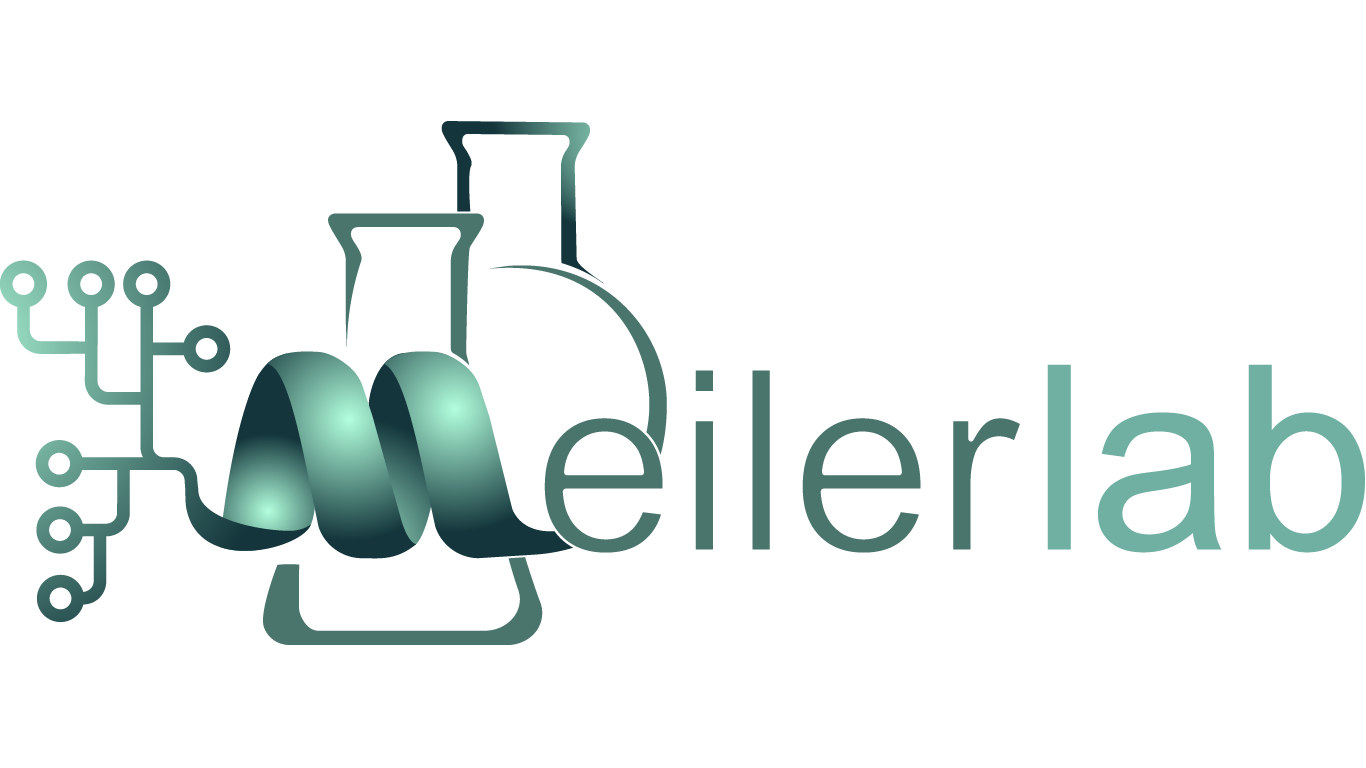
Rosetta Ligand
For more than 15 years, RosettaLigand has provided insights into how small chemical entities interact with proteins. Our cutting-edge algorithm provides answers to such questions as “What will bind” and “How will it bind”, while considering both protein and ligand flexibility. Combining our expertise in BCL and the perks of Rosetta molecular modeling, we guide drug discovery and facilitate experimental screening. Our lab aims to extend the scope of drug discovery by the constant improvement of scoring methods, the design of small-molecule protein binders, and the use of citizen scientists.

Small Molecule Docking
Small molecules form the basis for the majority of commercial drugs. These chemical entities work by binding to proteins in the target organism and modulating their function. Computer aided drug discovery attempts to ...

Structure-Based Drug Discovery
The knowledge of the molecular three-dimensional structure of a protein allows us to build and design a drug-like molecule tailored for a specific target. The knowledge of relevant interactions and the surrounding area for the ligand guides ...

Design of Protein Binders and Enzymes
Knowledge of how small molecules interact with proteins can be used to design the proteins to better interact with those small molecules. Our lab uses the Rosetta modeling package to computationally predict which protein mutants ...

Development of the Energy Function
Research in computational structure prediction methods can ultimately be boiled down to two categories: the sampling and scoring problems. The sampling problem is briefly defined as the task to search the vast conformational space of a ...

Foldit Drug Discovery
Foldit is a crowdsourced computer game enabling players to contribute to scientific research. Foldit leverages human problem-solving skills to decipher protein folding problems set up as puzzles....
